With so many streaming platforms offering stunning nature documentaries on demand, the world really is your oyster. We’ve searched high and low to bring you a list of the very best television series and films that showcase our fascinating planet – and the people striving to protect it.
Get the low-down on the best new nature documentaries of 2021, from The Mating Game, narrated by Sir David Attenborough, which explores how species tackle nature’s ultimate quest – the pursuit for a partner, to the adorable Wild Animal Babies with Patrick Aryee.
But we didn’t want to leave out some classic gems from the past. Discover our round-up of the best nature documentaries of all time. Delve into the archives and get lost in David’s Attenborough’s ground-breaking Life on Earth BBC series from 1979, or learn all about the work of Jane Goodall in Jane, which celebrates the life of the renowned primatologist.
Take your pick from BBC, Netflix, Disney , Amazon Prime Video and NOW TV, and witness the world’s most incredible wildlife from your armchair.
Best nature documentaries to stream on BBC, Netflix, Disney , Apple TV, and more
Best nature documentaries released in 2021
Shark with Steve Backshall (autumn 2021)
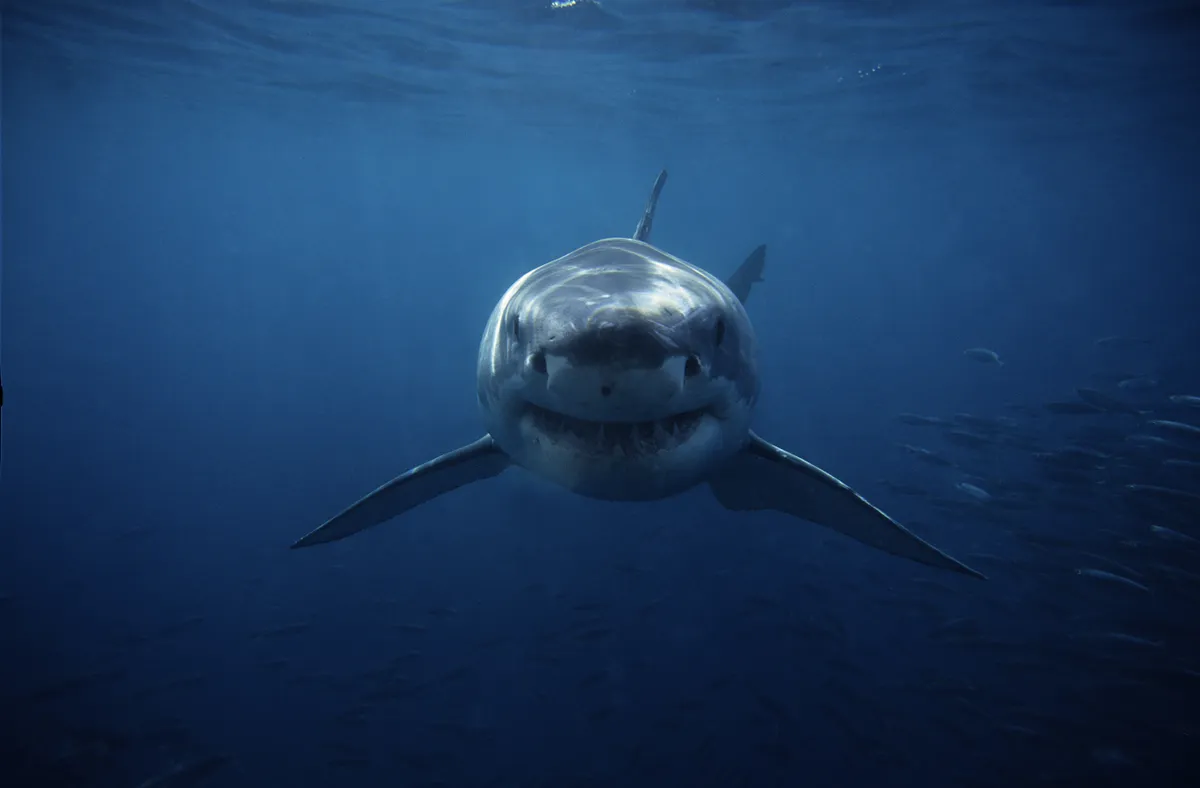
Join shark expert Steve Backshall as he dives into our seas and comes face to face with this powerful predator. Journey from tropical coastlines to the open ocean and discover the truth about these much-maligned creatures and what can be done to protect them.
Backshall is well known for his extreme expeditions and fearless dives with the likes of anacondas, hippopotamus and, most recently, a great hammerhead shark on Blue Planet Live. This three-part series promises to be just as jaw-dropping.
The Mating Game (2021)
- Watch The Mating Game on BBC iPlayer or Amazon Prime Video
- Read our full review of The Mating Game
- Pre-order the series on DVD from Amazon (£14.99)
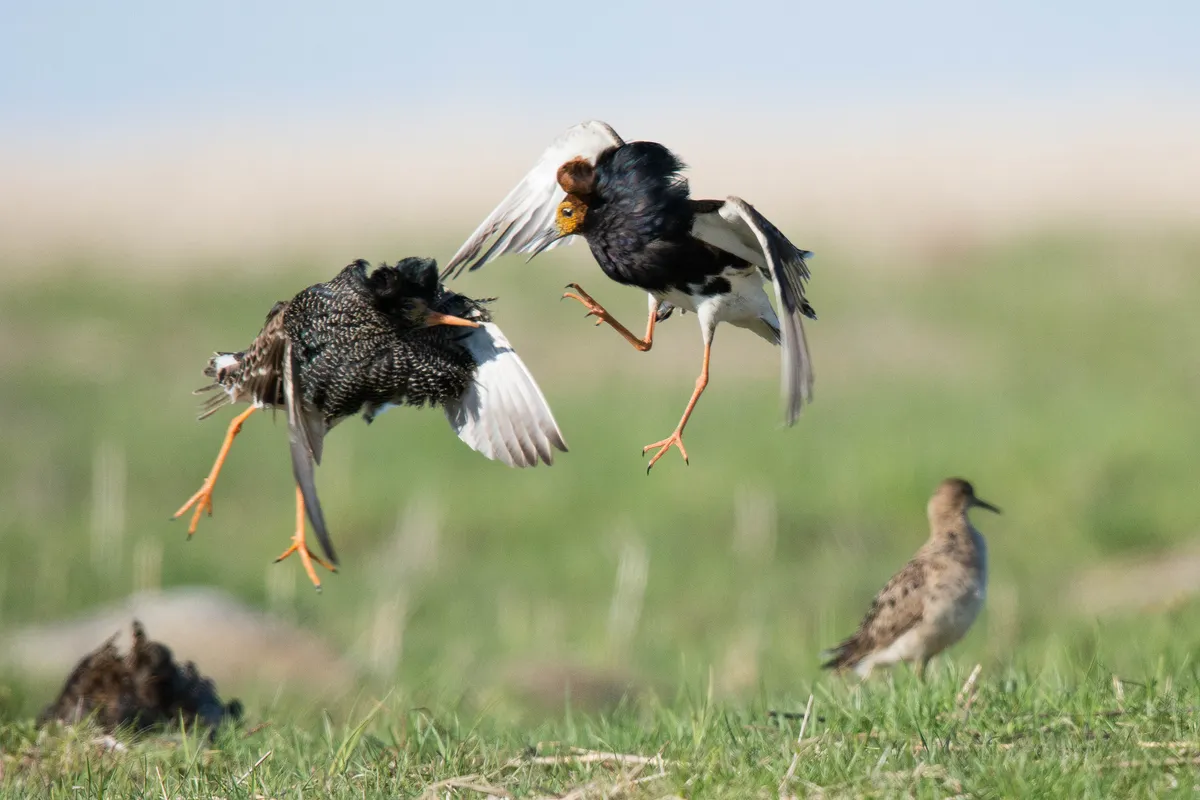
This series explores how species tackle nature’s ultimate quest – the pursuit for a partner. We meet some familiar faces of natural history documentaries but with new and thrilling footage, from singing humpback whales in Hawaii to chimpanzees in Uganda.
Narrated by Sir David Attenborough and produced by the renowned Silverback Films company, this is an enthralling glimpse into the variety of mating wildlife spectacles on our beautiful planet.
Earthshot: Repairing Our Planet (2021)
- Watch Earthshot: Repairing Our Planet on BBC iPlayer
- Read our full review of Earthshot: Repairing Our Planet
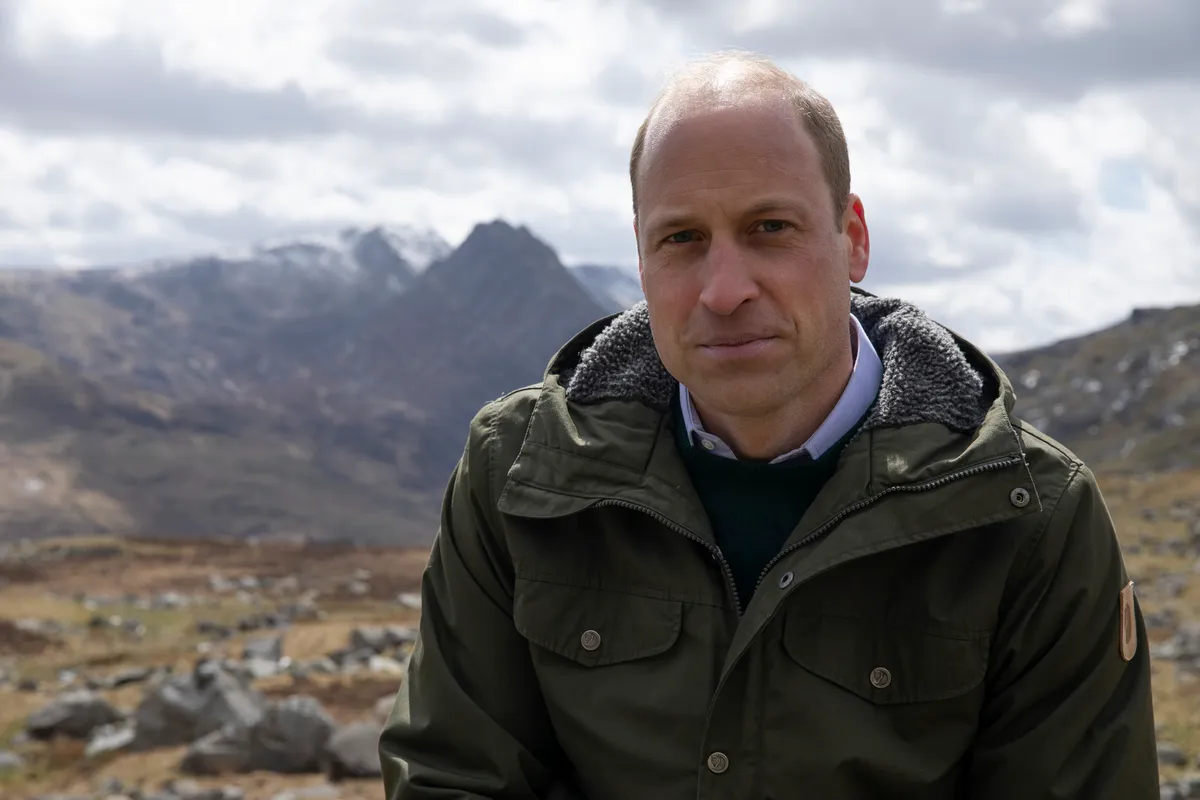
This documentary series covers the five Earthshots from The Earthshot Prize, a global environmental prize launched by Prince William and The Royal Foundation in October 2020.
It features a number of members of the Earthshot Prize Council, including Sir David Attenborough, singer Shakira Mebarak and footballer Dani Alves.
The prize aims to turn the current pessimism surrounding environmental issues into optimism, by championing inspiring leadership and helping to scale incredible cutting-edge solution, and was inspired by President John F. Kennedy’s ‘Moonshot’ programme in the 1960s.
Each episode focusses on one of the missions and the series reveals the 15 prize finalists, with the prize ceremony announcing the winners as the sixth episode.
Attenborough's Life in Colour (2021)
- Watch Attenborough's Life in Colour on BBC iPlayer or Amazon Prime Video
- Read our full review of Attenborough's Life in Colour
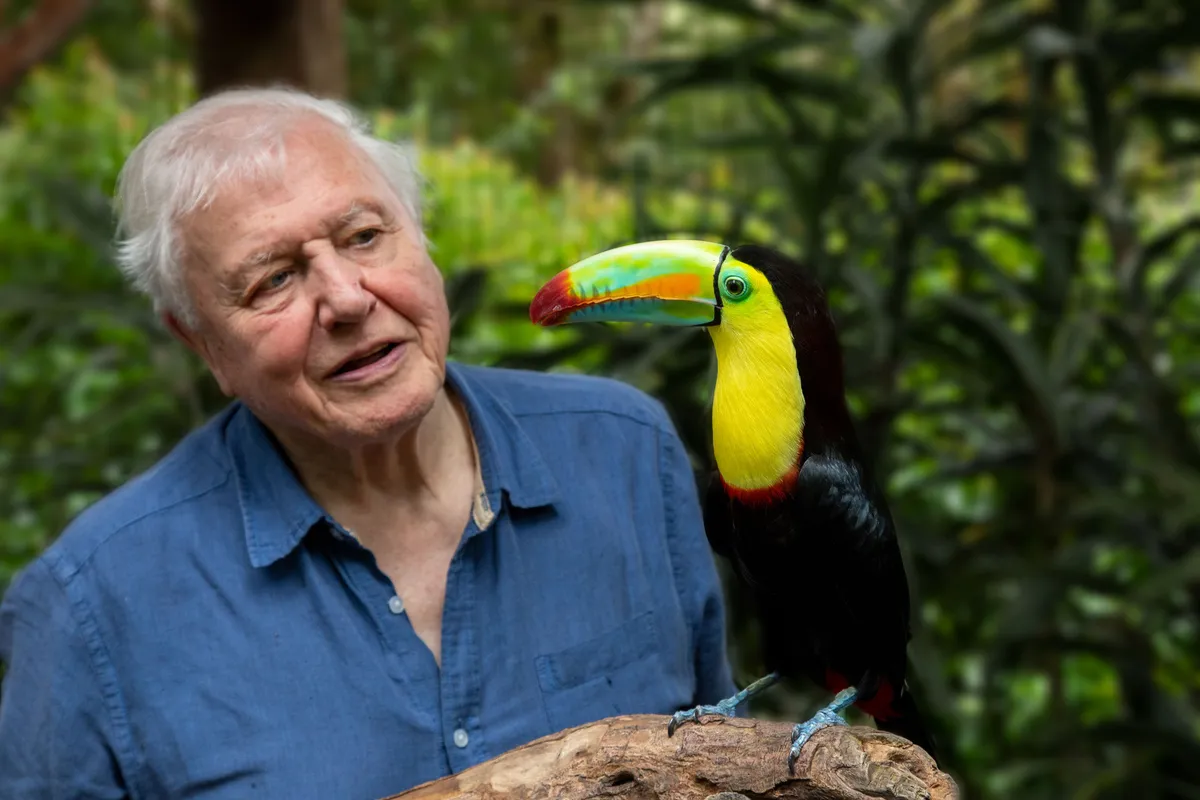
Sir David Attenborough started his career describing the appearance of animals to audiences viewing black and white footage. Now, with decades of experience on the cutting edge of camera technology, he’s the perfect guide to show us some of the world’s most spectacular species.
Classic questions such as “why are tigers orange, zebras stripey and flamingos pink?” are all answered with nuance and the latest science is applied to a host of other familiarly flamboyant characters from peacocks to poison dart frogs. Things get even more interesting when we look beyond our limited human perception and consider species from their own unique visual perspectives.
It’s another must-watch Attenborough mini-series, delivering maximum visual impact and a poignant conclusion that we must protect the vibrancy of the natural world.
Chris Packham's Animal Einsteins (2021)
- Watch on Chris Packham's Animal Einsteins on BBC iPlayer or Amazon Prime Video
- Read our full review of Chris Packham's Animal Einsteins
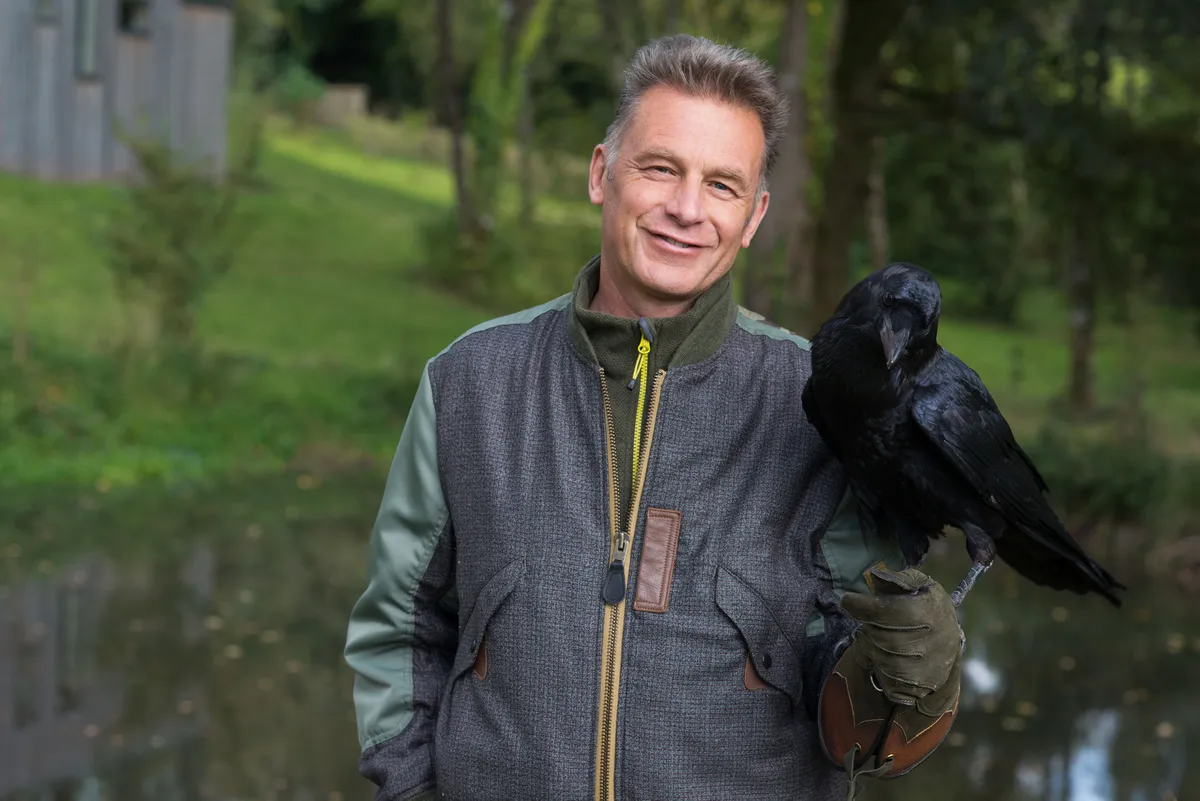
In this classic Packham-esque nature series, he is on the quest for nature’s most intelligent species and the adaptations they use to survive. Sassy and savvy, the programme challenges us to reconsider our perceptions of animal intelligence. Some stories have been well-documented before, like corvids and chimps, whilst others might surprise you!
Natural History Museum: World of Wonder (2021)
- Watch on Natural History Museum: World of Wonder on My5
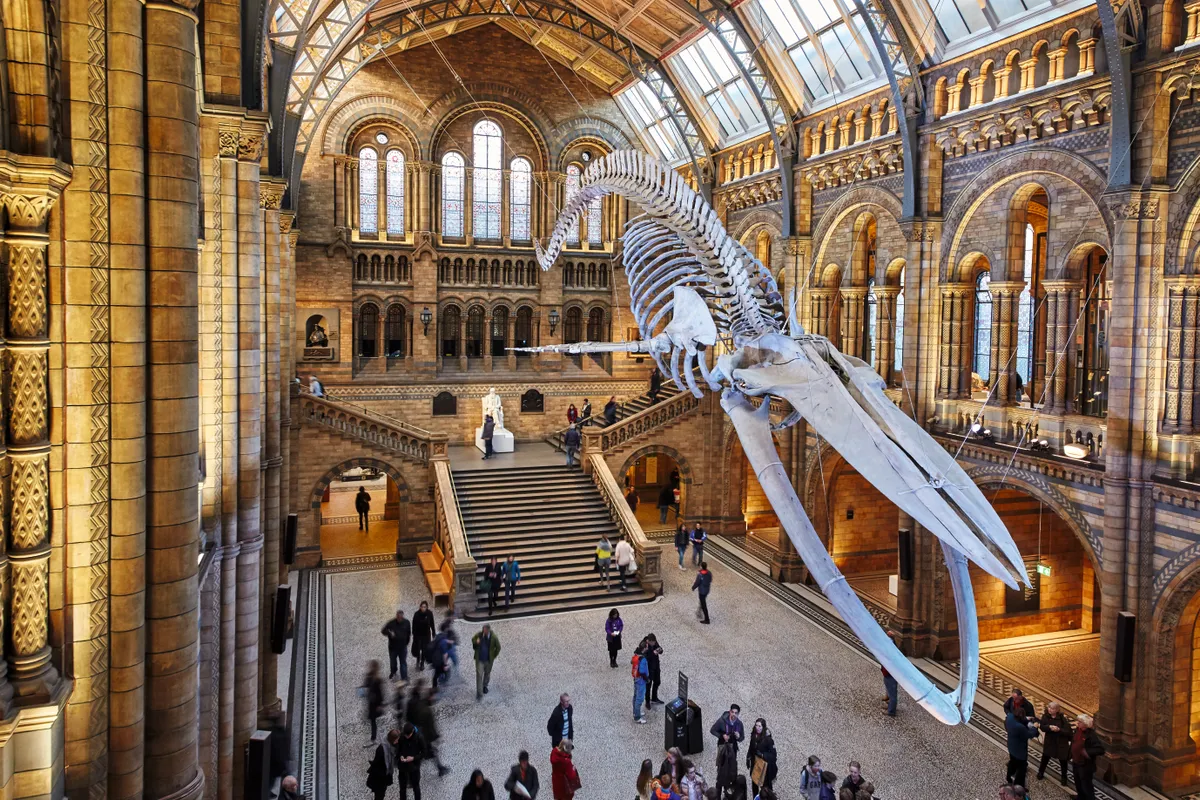
“Welcome to the Natural History Museum as you’ve never seen it before,” says the narrator of this new four-part series. While many viewers will have visited the museum (NHM) in London, few will have been lucky enough to get a glimpse inside the 140-year- old building during the pandemic. Watching the programme, though, feels almost exactly like stepping once again into the Hintze Hall, where the skeleton of Hope, a whale, hangs from the ceiling. She is truly the inanimate star of episode one, with her story the subject of intense scientific research. Through chemical analysis, principal curator of mammals Richard Sabin is able to reveal the path of Hope’s final journey and discovers she wasn’t alone on the trip.
There are appearances from the NHM’s stars, including Dippy the Diplodocus, along with new additions for the museum’s Fantastic Beasts exhibit. But as the museum’s collection contains more than 80 million items, many have never been, and might never be, on display. One such item in episode two is shown by senior insects curator Dr Erica McAlister and it requires a microscope to truly appreciate: fleas, dressed in tiny outfits, as if attending a wedding, all handmade by nuns in 19th-century Mexico. Of all the fascinating specimens brought to life by the series, these are without a doubt the best dressed.
I Am Greta (2021)
- Watch on I Am Greta on BBC iPlayer or Amazon Prime Video
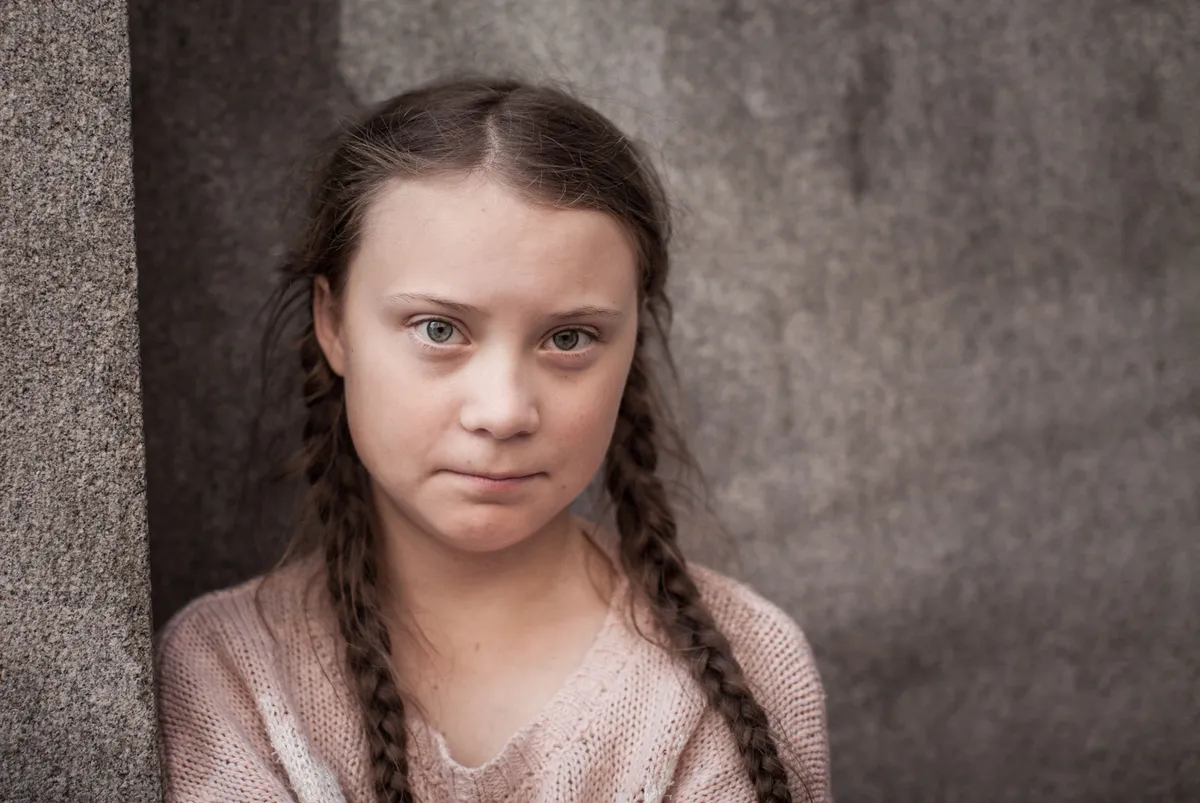
It's been three years since Greta Thunberg embarked on her first school strike outside Sweden’s parliament, yet in that short space of time, the activist has helped spawn a seismic global movement, inspiring millions to heap pressure on the planet's worst polluters. This fly-on-the-wall documentary chronicles Thunberg’s ascent to fame, spanning her early campaigns in Stockholm in August 2018 to her transatlantic voyage to address the United Nations in New York 13 months later.
A Perfect Planet (2021)
- Watch on A Perfect Planet on BBC iPlayer or Amazon Prime Video
- Read our full review of A Perfect Planet
Aired in early 2021, this series focuses on the natural forces which shape our planet, and enable life to flourish here: the sun, volcanoes, oceans, and weather. In addition, the programme takes a look at how humans have impacted the planet and its environments and wildlife.
“Together, these forces have shaped our perfect planet, but it's a fragile system.” says Attenborough in the trailer. “Today there is a new force. One so powerful, it threatens life on Earth. Human activity is now so dominant that it's disrupting the forces of nature, and the vital habitats that life needs to survive on Earth. To preserve our planet, we need to act now. And if we do that, there will still be time to restore the ecological balance that once made this Earth our perfect planet.”
Cheetah Family & Me (2021)
- Watch on Cheetah Family & Me on BBC iPlayer
- Read our full review of Cheetah Family & Me
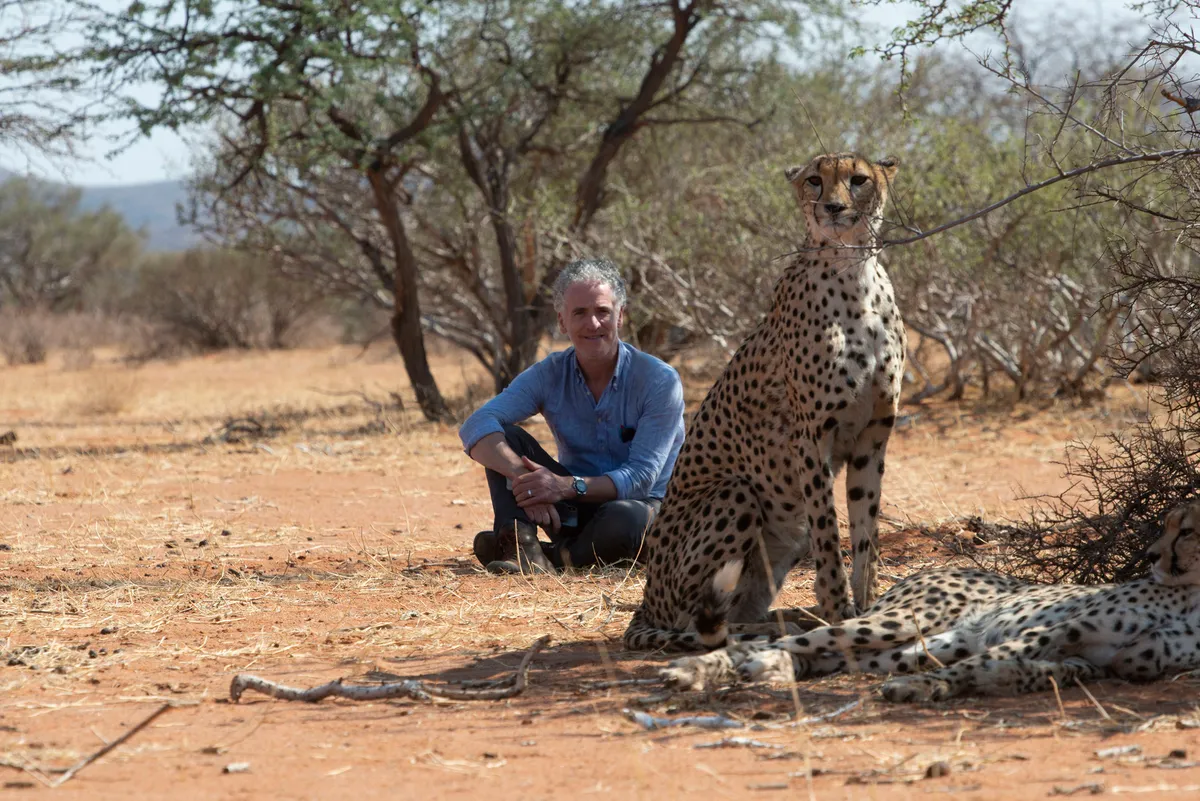
Wildlife cameraman Gordon Buchanan embarks on his latest adventure to get close and personal with another animal family – this time, following two cheetah mums as they work against all odds to protect and provide food for their gorgeous young cubs.
Fathom (2021)
- Watch Fathom on Apple TV
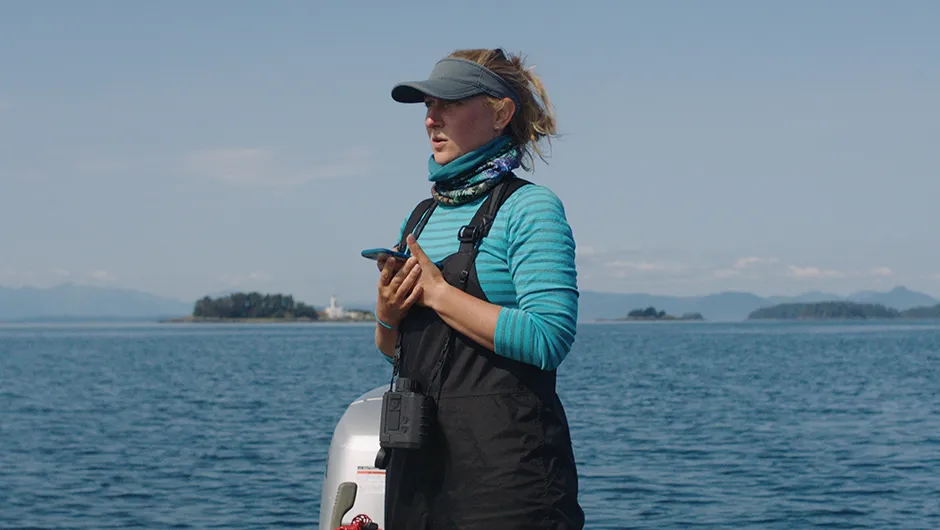
This documentary follows two research scientists as they travel to the opposite sides of the world in pursuit of answering the mysteries of why humpback whales sing, how that song travels the world, and how their songs influence whale culture.
The highs and lows of carrying out exciting research and fieldwork are set against a spectacular backdrop of beautiful scenery, whale sightings and eerie whale sounds, giving an insight into what fieldwork is like and how important it is to learn more about these incredible creatures.
Secrets of the Whales (2021)
- Watch Secrets of the Whales on Disney Plus
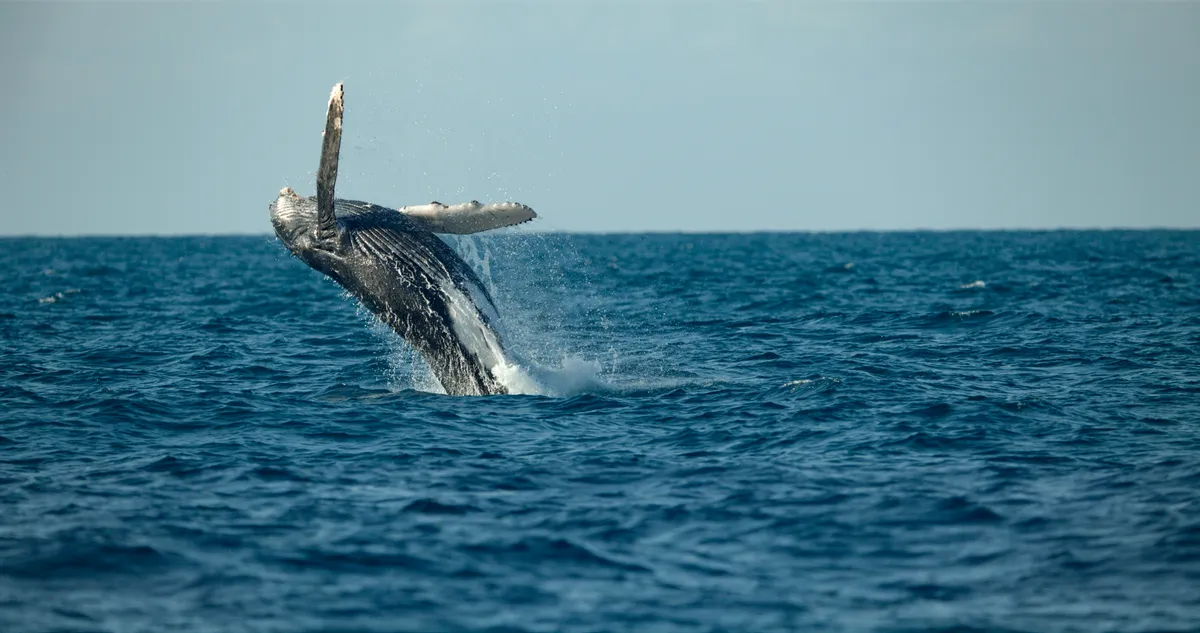
Each of the four episodesof this epic Disney Plus documentary focuses on a different whale or dolphin species: orca, humpback, beluga and sperm, with narwhals also making an appearance. Each also centres on a different theme of behaviour; exploring family ties, communication, co- operation and hunting.
You cannot fault the series on its spectacular cinematography. The joint movie-making skills of producer James Cameron and photographer Brian Ferry are evident throughout, with epic sweeping footage, heart-rending dramatic scenes and a beautifully chosen and suitably emotive score composed by Raphaelle Thibaut.
Best nature documentaries released in 2020
David Attenborough: A Life On Our Planet (2020)
- Watch on David Attenborough: A Life on Our Planet on Netflix
- Read our full review of David Attenborough: A Life on Our Planet
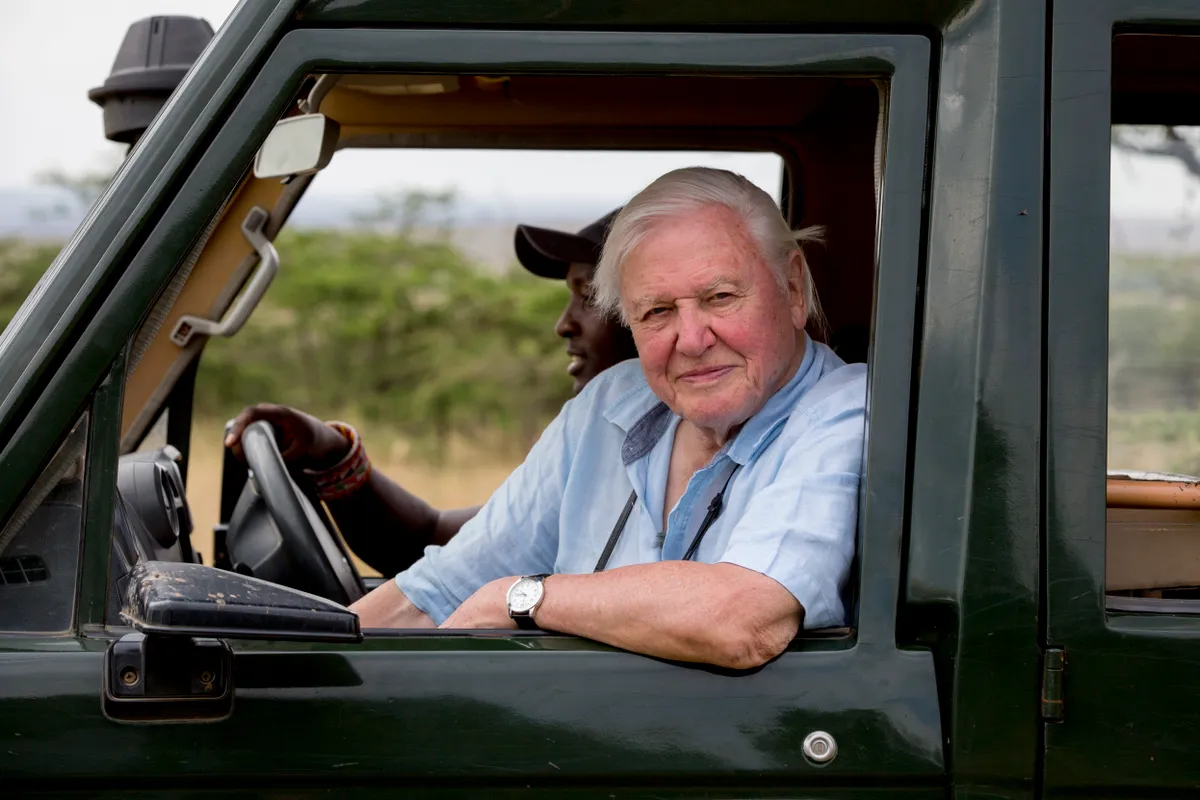
Produced by Silverback Films and WWF for Netflix, it charts the devastating changes that the broadcaster and conservationist has witnessed during his lifetime. His career has seen him visit every continent, and share much of the world’s natural wonders with millions of people around the globe.
“This film is my witness statement, and my vision for the future. The story of how we came to make this, our greatest mistake, and how, if we act now, we can yet make it right.”
We named it one of the Best David Attenborough documentaries to watch
Tiny World (2020)
- Watch Tiny World on Apple TV
- Read our full review of Tiny World
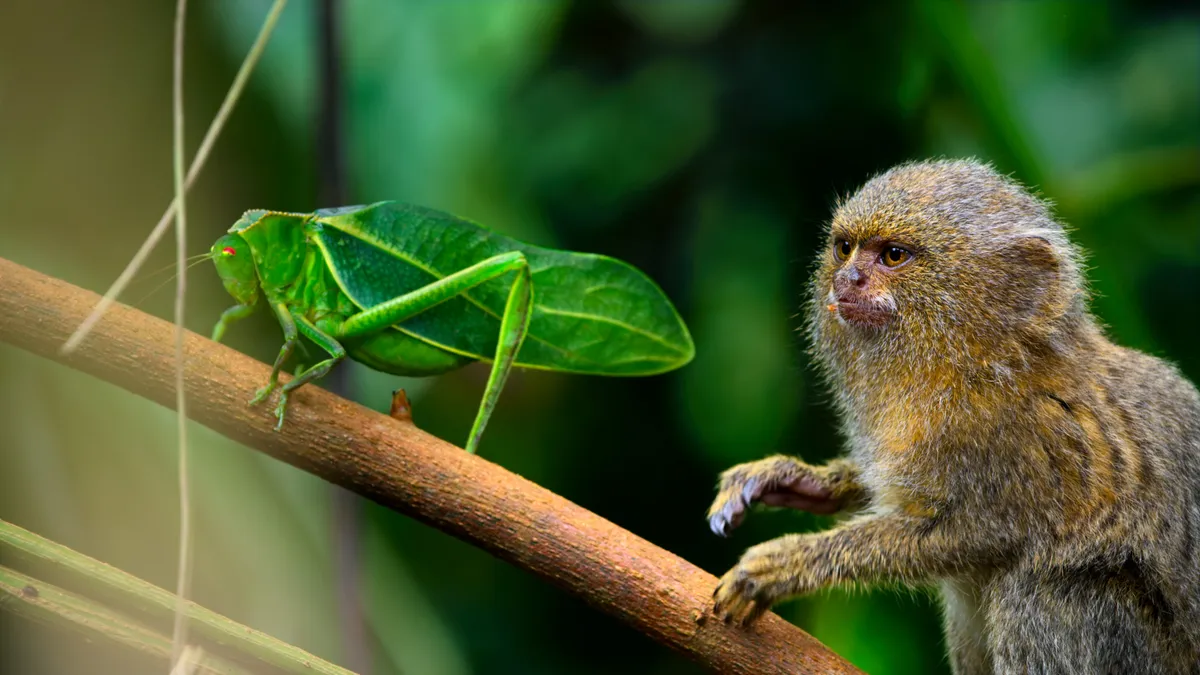
If you’re a fan of the often-overlooked small species, then this series on the “tiny heroes” is for you. Written by Planet Earth II’s showrunner Tom Hugh-Jones, Tiny World is narrated by Paul Rudd, who played the miniature superhero Ant-Man in the Marvel films.
Over 200 species were filmed over the course of nearly a decade, including the diminutive Cuban bee hummingbird, and Africa’s smallest carnivore, the dwarf mongoose. The majority of filming took place in the wild, though in some cases – due to animal welfare considerations – captive animals were filmed.
Extinction: The Facts (2020)
- Watch Extinction: The Facts on BBC iPlayer
- Read our full review of Extinction: The Facts
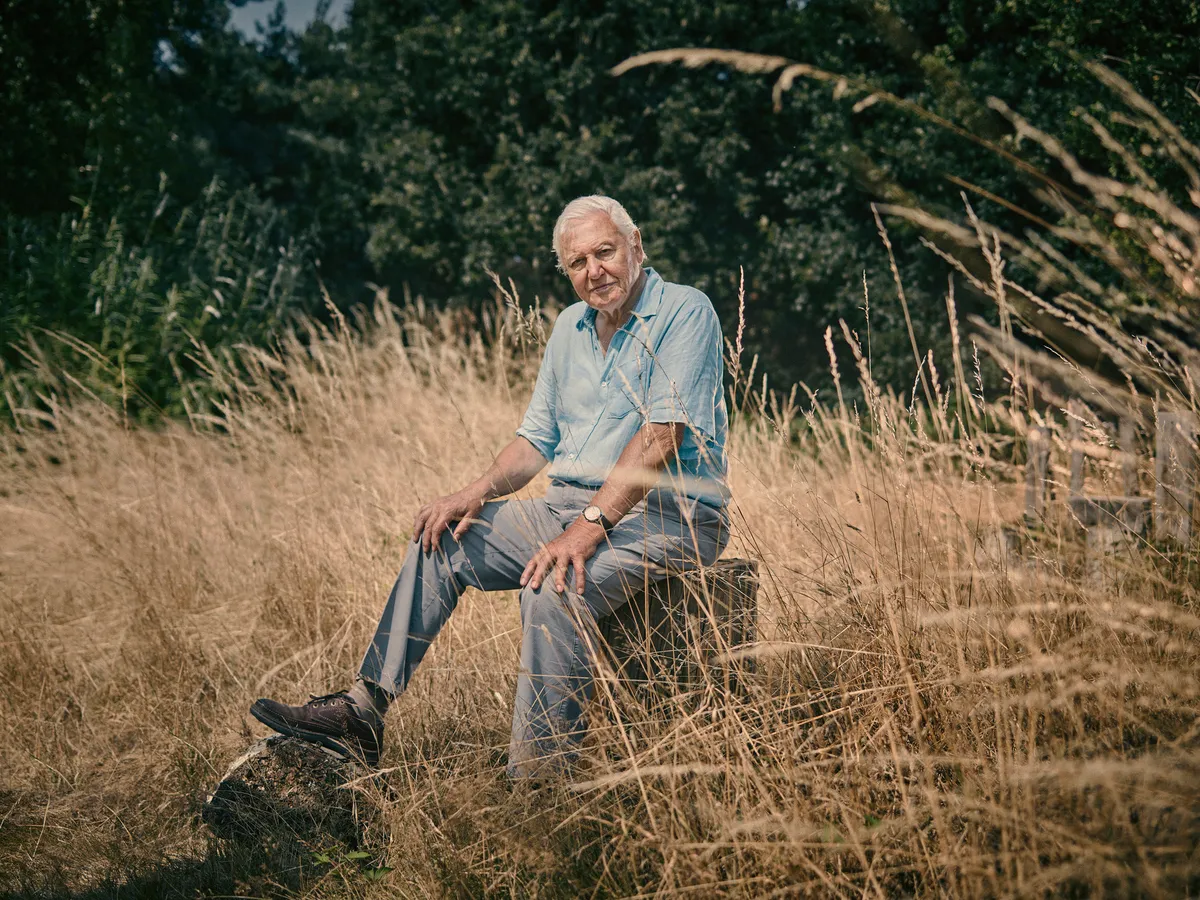
From the start, it’s clear that this Attenborough documentary is going to be a tough and emotional watch. The programme follows on from a 2019 UN report, which showed that a million species face extinction. It also touches on the link between human encroachment into wild animals’ habitats and the coronavirus pandemic.
“Unique animals with complex and varied lives disappearing from our planet forever isn’t just disturbing, it’s deeply tragic. But this is about more than just losing the wonders of nature, the consequences of these losses for us as a species are far-reaching and profound.”
Night on Earth (2020)
- Watch on Night on Earth on Netflix
What do animals get up to while we’re tucked up in bed? Using new low-light camera technology, this six-part series from the producer of Planet Earth II reveals the night-time antics of creatures across the globe, from urban otters moving through city streets to the whale sharks that exist in the depths of our dark oceans.
After the mind-bending achievements of wildlife filmmakers in recent years, it has become ever more challenging to push the boundaries and provide a new slant on the traditional nature documentary. Despite this, Night on Earth manages to present an eye-opening new perspective.
Wild Animal Babies (2020)
- Watch Wild Animal Babies on Sky Nature with NOW TV
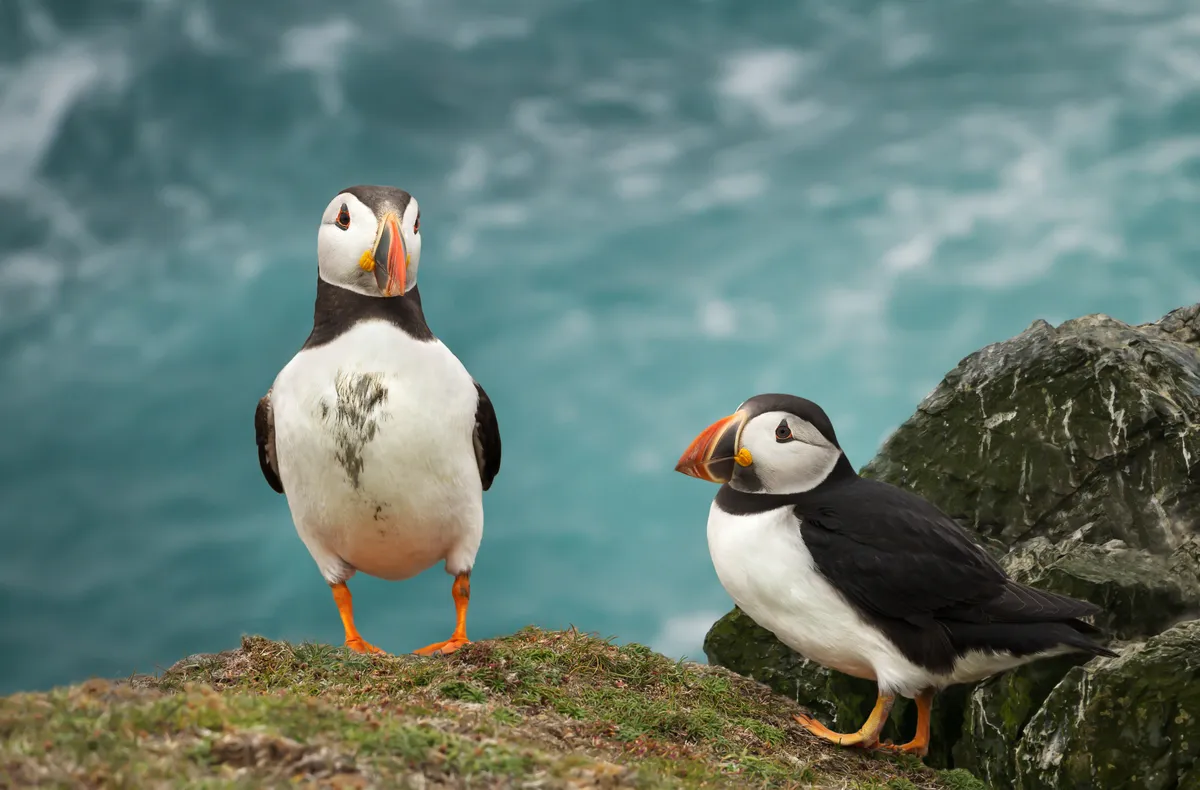
Get ready to ooh and ahh as biologist Patrick Aryee teaches us about the difficulties faced by baby puffins, meerkats, elephants and kangaroos when they take their first steps in the wild. The series is one of the first to launch on the new Sky channel, Sky Nature, along with some of Attenborough’s shows.
Ayree, who worked behind the camera on BBC productions including Frozen Planet and Attenborough: 60 Years in the Wild, explores the relationship between a mother and her offspring, the bonds and competition between siblings and the battle for survival when animals are born in bulk.
Elephant (2020)
- Watch Elephant on Disney
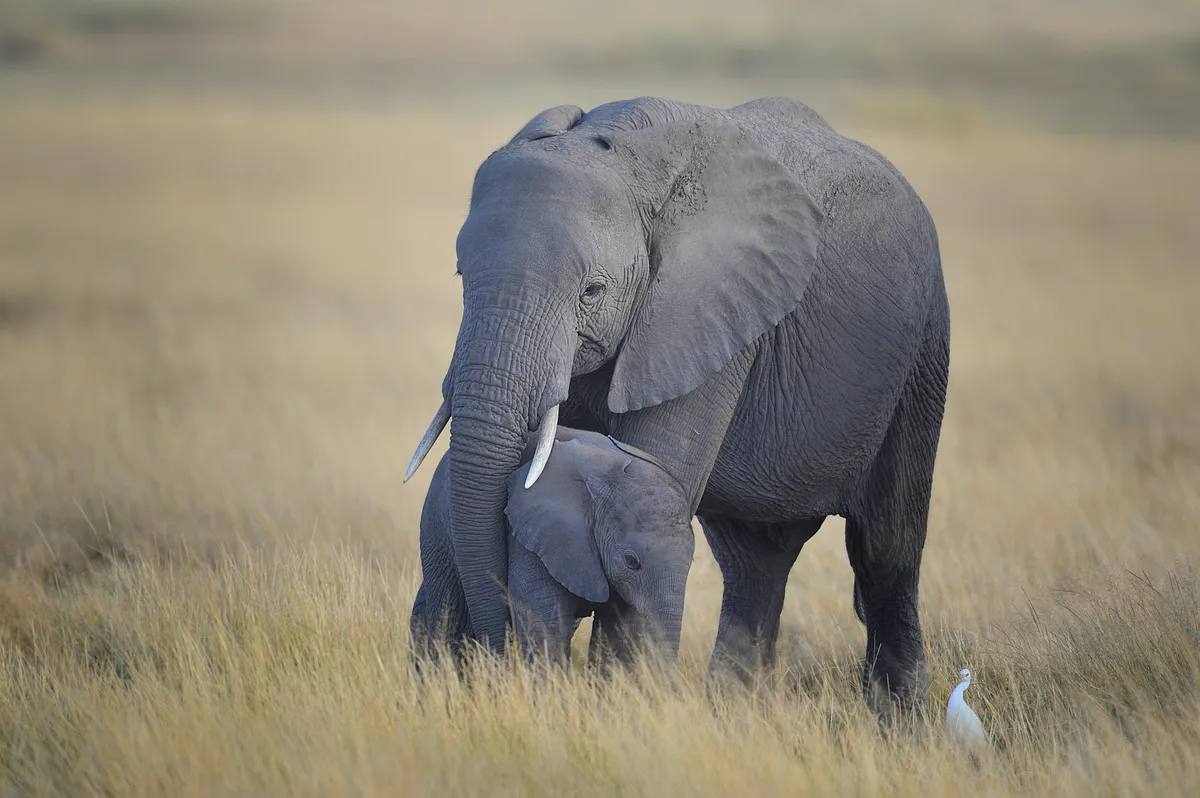
Understandably, many will be drawn to this documentary film by the narrator: Meghan Markle, the Duchess of Cambridge, no less. The story follows one herd of elephants as they make their way across the Okavango Delta to the Zambezi river in search of water.
It is an emotional tale, full of stunning visuals and not without some sadness along the way. Markle’s engaging voiceover and the anthropomorphic naming of the family’s individuals are sure to draw in younger viewers too.
Mindful Escapes: Breathe, Release, Restore (2020)
- Watch Mindful Escapes: Breathe, Release, Restore on BBC iPlayer
- Read our full review of Mindful Escapes: Breathe, Release, Restore
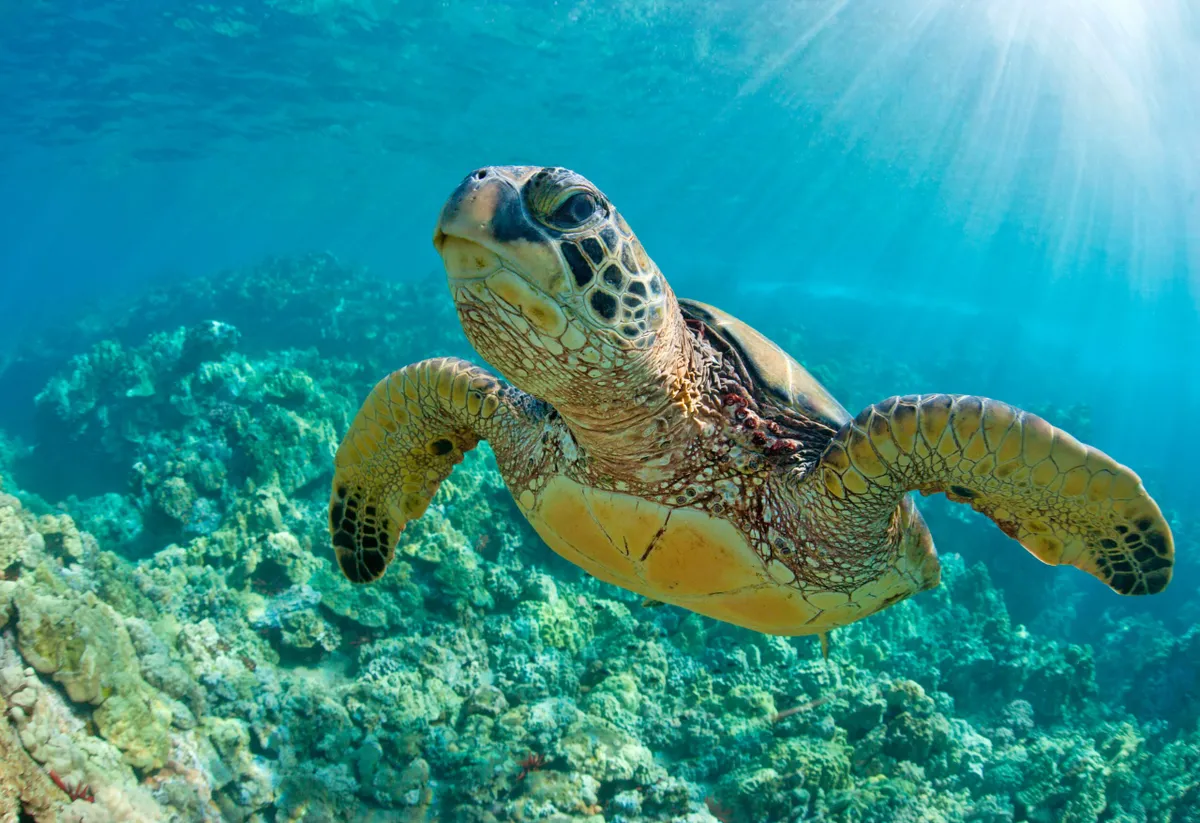
Featuring archive footage and narration from a mindfulness expert, this four-part series is a collaboration between the BBC Studios Natural History Unit and Headspace Studios. With a soothing voiceover and calming sequences, it's an immersive experience where the viewer is led on a gentle journey of mindfulness, with a different theme each episode.
Diving with Dolphins (2020)
- Watch Diving with Dolphins on Disney
First came Dolphin Reef in 2019, a spellbinding nature documentary film from Disney that followed the coming-of-age story of Echo, a Pacific bottlenose dolphin. Diving with Dolphins is the follow-on behind-the-scenes documentary that takes an intriguing look at just how the cinematographers and scientists managed to capture the underwater footage.
Discover how the filmmakers grappled with filming in multiple oceans around the world and responsibly following these the movements of these sensitive and fast-moving cetaceans. There are important messages about fishing, pollution and preserving our mesmerizingly beautiful coral reefs, making this an inspiring and educational watch.
Prehistoric Road Trip (2020)
- Watch Prehistoric Road Trip on WTTW
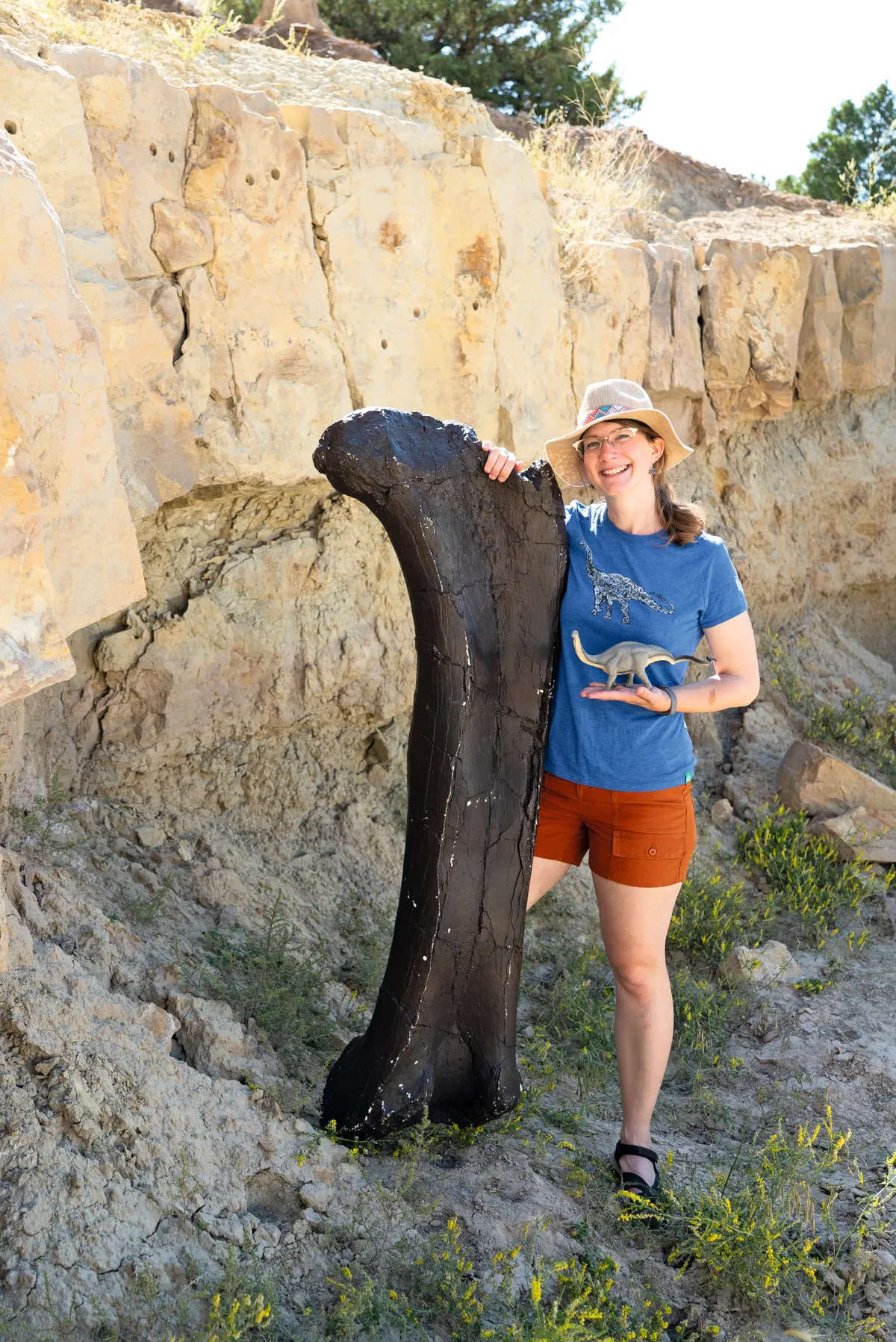
Host of the popular, award-winning YouTube channel ‘The Brain Scoop’, and holder of possibly the best-ever job title, chief curiosity correspondent for the Field Museum in Chicago, Emily Graslie hits the road in this TV series for PBS and WTTW.
Filmed over nine weeks (and some 6,000 miles) last summer, Emily heads to the heart of North America’s fossil country – the Northern Great Plains, which covers more than 180 million acres, and spans five US states and two Canadian provinces. Here, she journeys back in time and learns about the fossils beneath our feet along with the range of prehistoric creatures, plants and ecosystems that once existed, including primitive bacteria, dinosaurs, ancient fish and mammoths.
She meets the experts studying these prehistoric species and bringing these discoveries to light. Each episode looks at different geologic periods, beginning billions of years ago and coming closer to the modern day. With her genuine enthusiasm, and excellent puns, Emily can make any topic accessible and fun, and does so brilliantly here.
Primates (2020)
- Watch Primates on BBC iPlayer or Amazon Prime Video
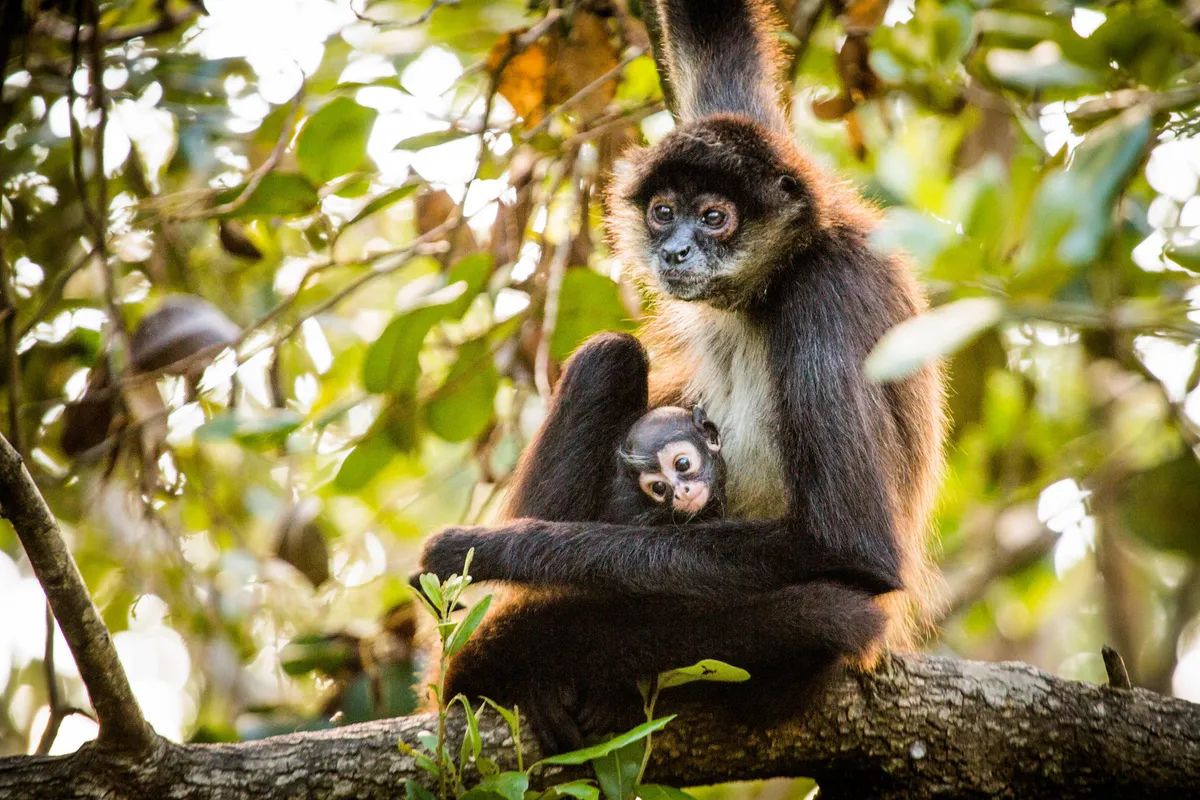
Watching lar gibbons travelling at breakneck speed through the treetops, backflipping off branches and leaping distances that make for heart-in-mouth moments, not only left us in complete awe of these animals but also the nifty camerawork needed to capture such footage (all is revealed in the behind-the- scenes section at the end of episode two).
This is just one of the many impressive primates packed into this three-part series – with hundreds of species around the world, there are plenty of diverse characters for us to meet. Focussing on everything from little-known drills to wide-eyed bushbabies, Primates flits across the globe, stopping off in Brazil, China, Madagascar and myriad other locations – albeit fleetingly in some cases.
Interesting behaviour and group dynamics, new discoveries and fascinating biology are brought to light within each episode – did you know a spider monkey has a palm-like pad on its prehensile tail, to help it gain a decent grip?
Deep Ocean: Giants of the Antarctic Deep (2020)
- Watch Deep Ocean: Giants of the Antarctic Deep on BBC iPlayer
“It’s the coldest place on Earth. A world locked away under snow and ice. So hostile and inaccessible, it has long concealed its secrets from us.” A mysterious start to this BBC Four documentary, narrated by David Attenborough.
This programme follows the journey of a scientific expedition on MV Alucia, exploring the icy waters around Antarctica. On average, the ocean here measures between 4,000–5,000m in depth, so the team must use deep-sea submersibles that can carry passengers and descend to 1,000m – the first time this has been done here.
The dives reveal a diversity of extraordinary creatures, many of which are new to science. They also find astonishingly large species, a phenomenon known as polar gigantism, including squids and jellyfish.
Planet Earth: A Celebration (2020)
- Watch Planet Earth: A Celebration on BBC iPlayer
- Read our full review of Planet Earth: A Celebration
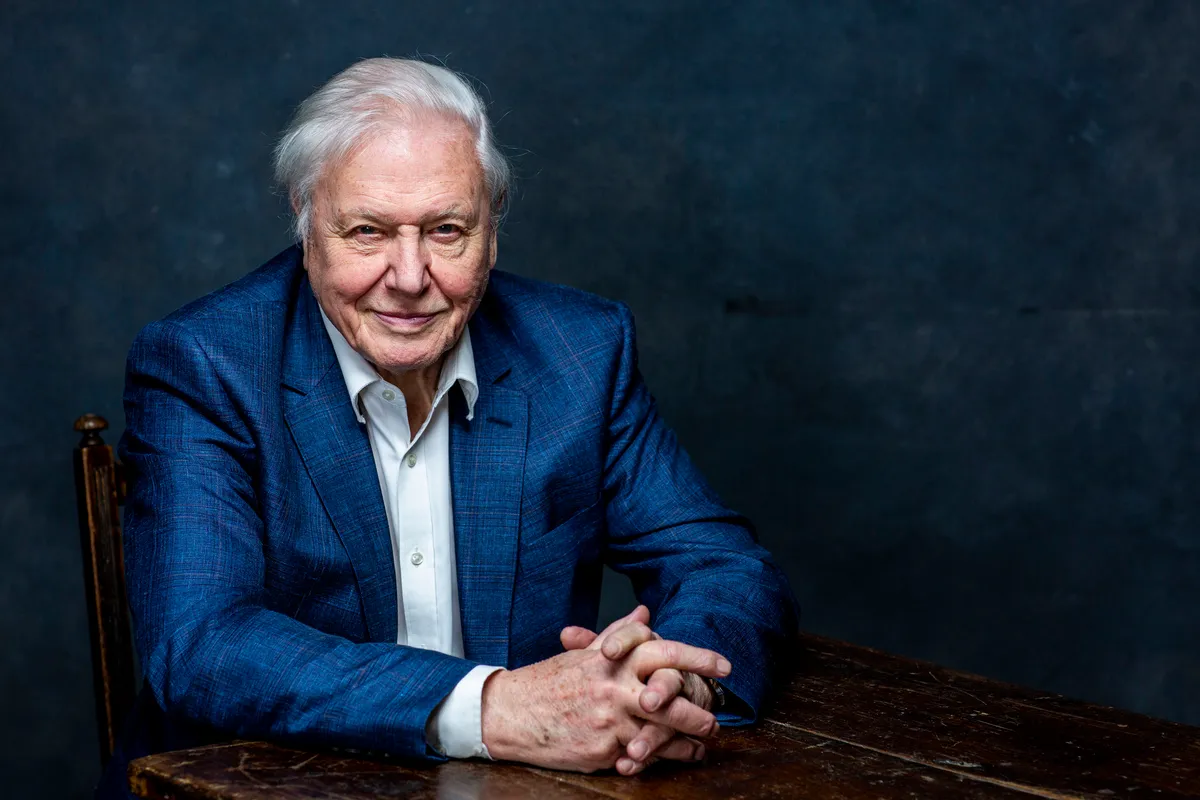
Early in 2020, BBC One announced a unique collaboration for a special natural history documentary, titled Planet Earth: A Celebration, which aimed to lift viewers' spirits during the uncertain times of the coronavirus pandemic.
Celebrated broadcaster Sir David Attenborough recorded a new narration for the programme, which featured eight sequences from Planet Earth II and Blue Planet II.
Award winning composer Hans Zimmer, whose work includes The Lion King, the Pirates of the Caribbean series and The Dark Knight trilogy, as well as the scores for Planet Earth II, Blue Planet II and Seven Worlds, One Planet was joined by Jacob Shea and the team at Bleeding Fingers.
They created new compositions, and rearranged the original scores, with the string section performed by the BBC Concert Orchestra. Brit and Mercury Prize-winner rapper Dave accompanied the orchestra and performed on the grand piano.
Jane Goodall: The Hope (2020)
- Watch Jane Goodall: The Hope on Disney
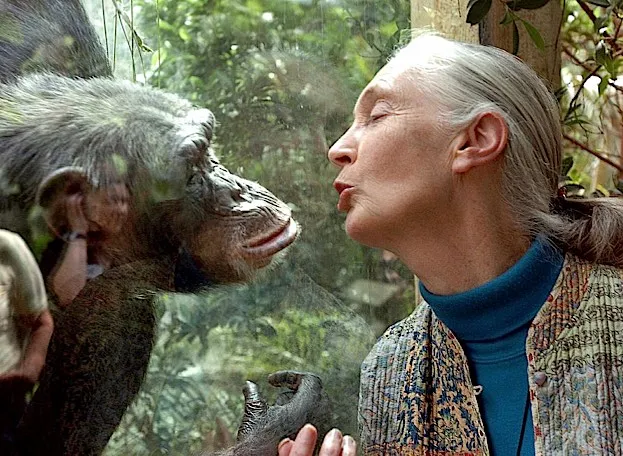
Released on Earth Day 2020, this film from National Geographic charts the progress of Jane Goodall over the 60 years since she moved on from her ground-breaking discoveries as a primatologist and became an activist for global environmental change.
The cameras follow Goodall as she travels the world meeting schoolchildren, tech giants and royals, with the mission of igniting positive change and inspiring hope in the next generation.
My Octopus Teacher (2020)
- Watch My Octopus Teacher on Netflix
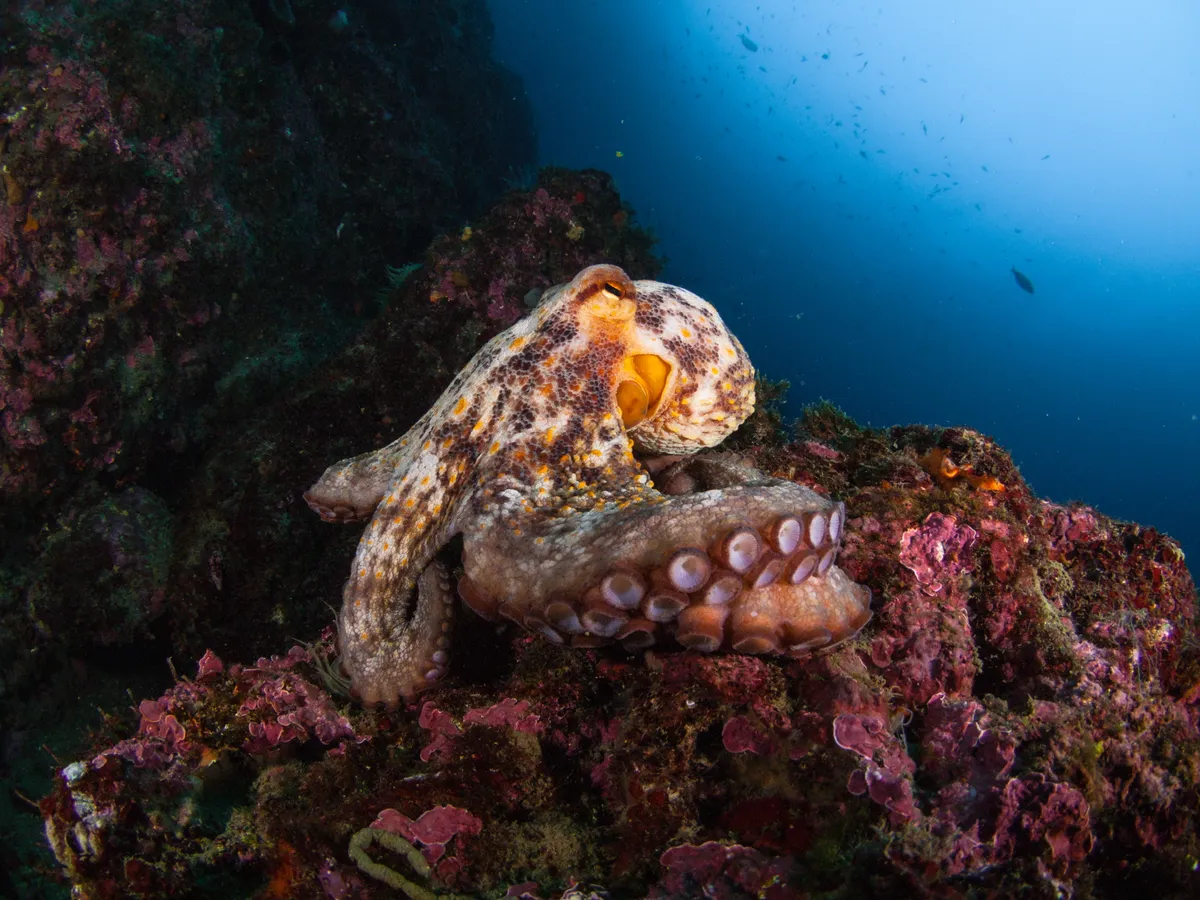
This one-of-a-kind documentary film tells the moving story of a South African naturalist, Craig Foster, and the octopus he develops a relationship with while free-diving in an underwater kelp forest. It is a story of the incredible bonds that can be formed between humans and wild animals, and the lessons that we can learn from spending time in nature.
Earth At Night In Color (2020)
- Watch Earth at Night In Color on Apple TV
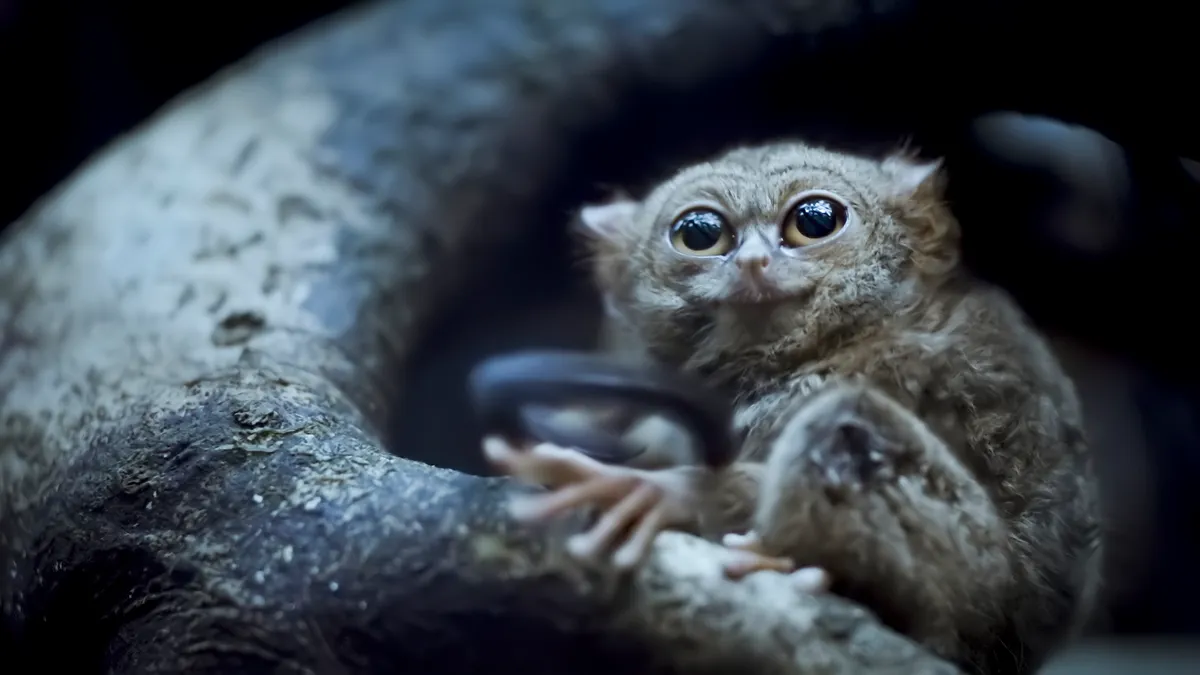
Following in the footsteps of Night on Earth, this series offers another thrilling dive into unseen nocturnal worlds. While night-time cameras might once have shown us grainy pictures in monotone colours, Earth at Night in Color makes use of powerful low-light cameras, which are 100 times more sensitive than the human eye, creating clear colour footage filmed by moonlight. The six episodes, spanning six continents, are narrated by Tom Hiddleston and offer incredible footage of brown bears, jaguars, lions, tarziers, and much more.
Baby Chimp Rescue (2020)
- Watch Baby Chimp Rescue on BBC Iplayer
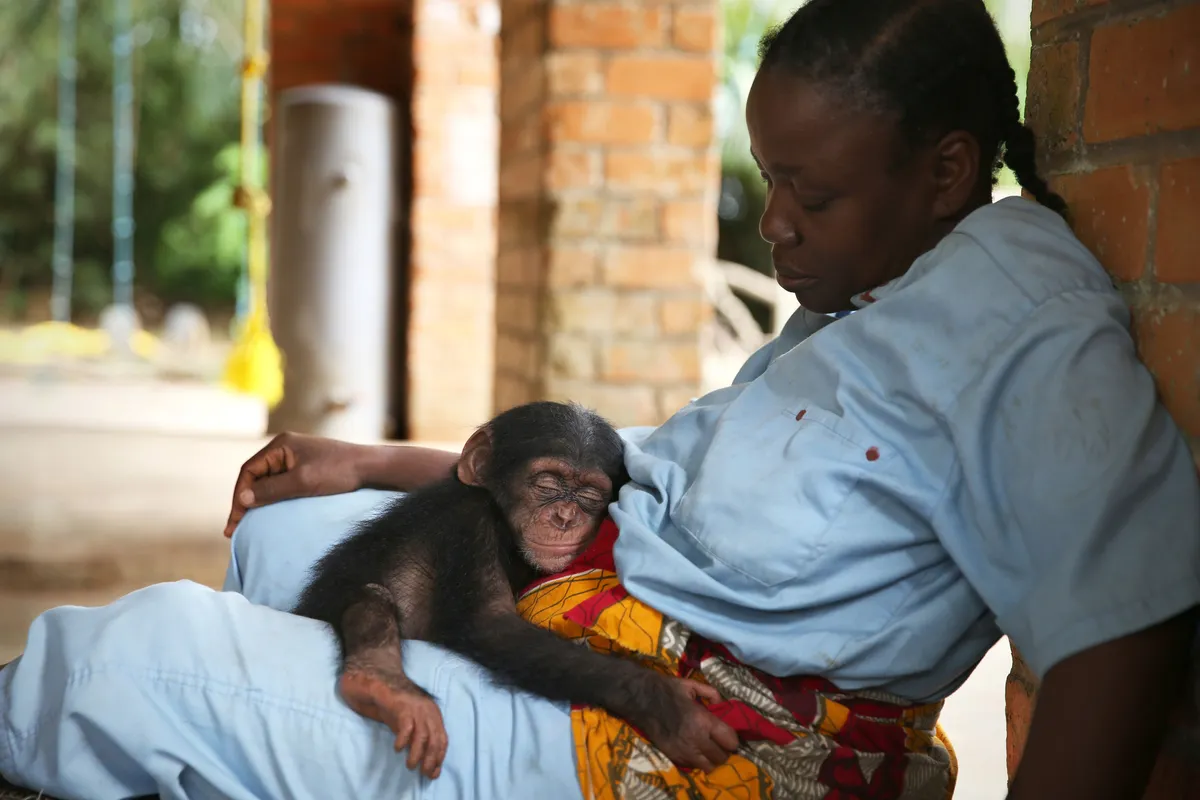
Presented by professor of evolutionary biology Ben Garrod, this documentary series tells the story of the Desmonds, an American couple who have devoted their lives to rescuing baby chimpanzees from Liberia’s illegal pet trade. It follows life at the sanctuary, introducing us to some of the orphans and exploring how they are being prepared to move to a new semi-wild sanctuary, in the next step of their rescue journey.
Earth’s Tropical Islands (2020)
- Watch Earth’s Tropical Islands on BBC Iplayer
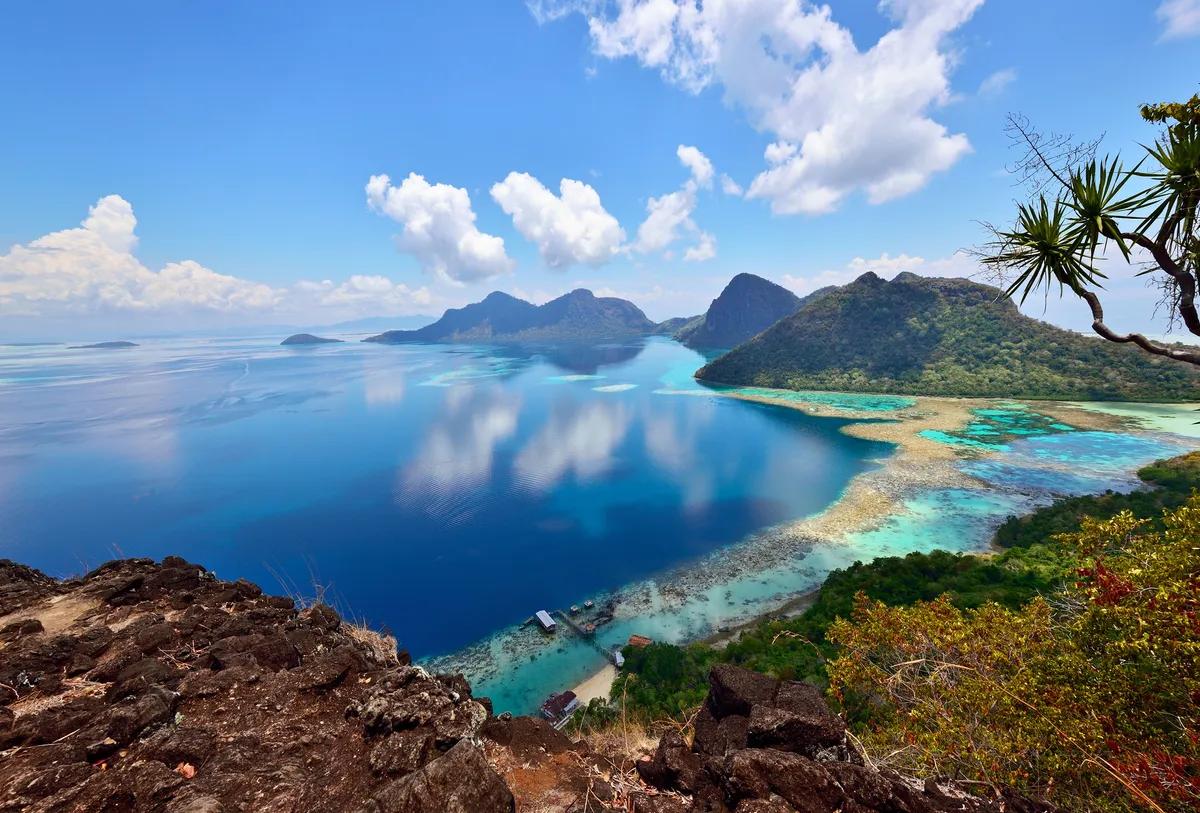
This BBC series, from the makers of Earth’s Great Rivers, brings the wildlife of three remote tropical islands closer than ever before. Covering Madagascar, Borneo and Hawaii, in three separate episodes, this series looks at how the islands were formed, the remarkable life they support, and the threats they now face.
Best nature documentaries of all time
Our Planet (2019)
- Watch Our Planet on Netflix

Our Planet showcases the world’s most incredible species and at-risk habitats – from vast deserts and African plains, to our deep oceans and icy Artic landscapes.
It is a collaboration between Netflix, Silverback Films – led by Alastair Fothergill and Keith Scholey, who worked on the critically acclaimed Planet Earth and Blue Planet series – and the WWF which offered advice and access to filming locations.
“We’re the first generation to know the full impact of what we’re doing to our planet, and the last that has the chance to do anything about it,” says executive producer and executive director of WWF-UK Colin Butfield. “We’re at a unique moment in our history where we have the chance to put things right and start on the path towards a better future.”
The Blue Planet I (2001)
- Watch Blue Planet I on BBC iPlayer
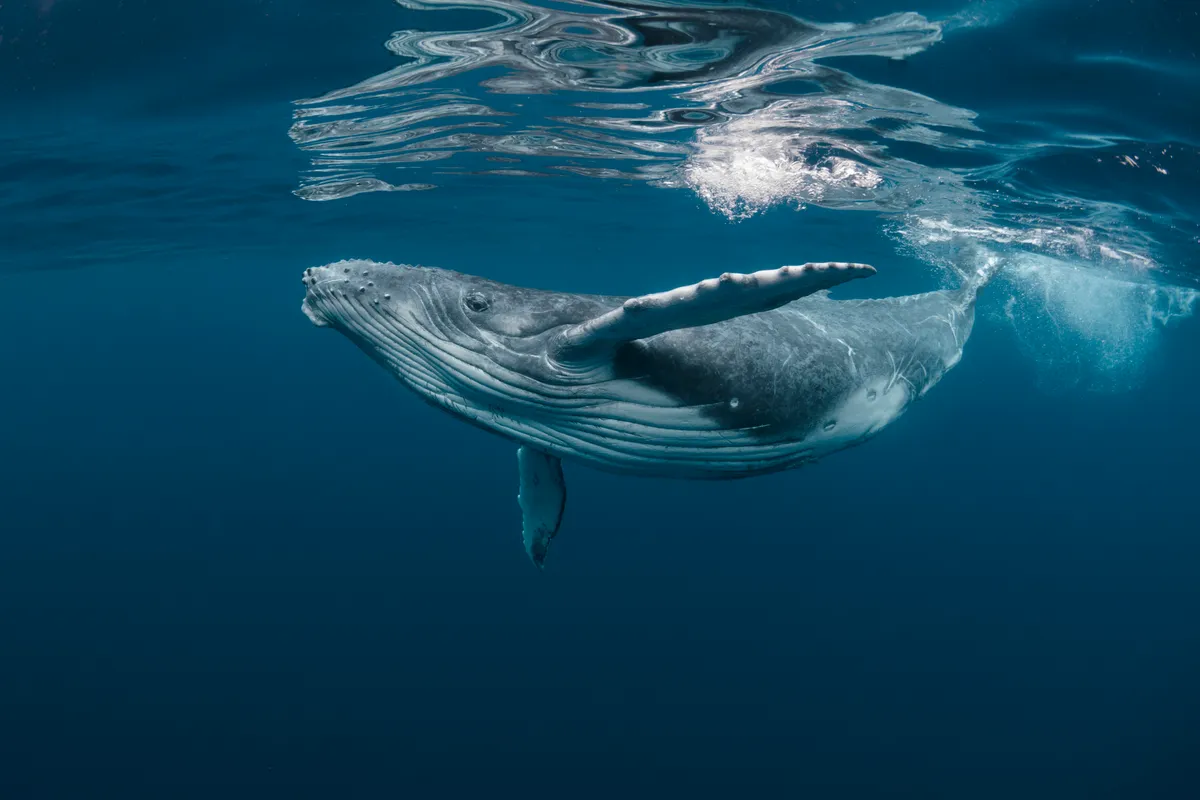
David Attenborough narrates the natural history of the world's oceans in this beautifully-filmed documentary. Billed as "the first-ever comprehensive series on the natural history of the world's oceans" this truly was a groundbreaking series, showing us species and behaviour never before filmed using (at the time) state-of-the-art underwater photography techniques. The score for this series, composed by George Fenton, is particularly beautiful.
The Blue Planet II (2017)
- Watch Blue Planet II on BBC iPlayer
David Attenborough returns to share more ocean mysteries and creatures in Blue Planet II. Produced in the same style as the fantastic first series, each episode explores a different habitat or aspect of ocean life, from coral reefs to the deep ocean. This episode on 'The Deep' is particularly awe-inspiring, dubbed by one critic as "the greatest episode" of the “greatest nature series of all time.” Diving right into the perpetual darkness of the abyss the episode takes us to underwater lakes, hydrothermal vents, and even to the depths of the Mariana Trench, the deepest location on Earth.
Life on Earth (1979)
- Watch Life on Earth on BBC iPlayer
Think nature documentary and instantly the soothing tones of David Attenborough come to mind. Now in his nineties, Attenborough, spent over 25 years creating acclaimed and award-winning series with the BBC Natural History Unit and is something of a deity in the wildlife world.
Life on Earth features a young Attenborough and set a benchmark for natural history documentaries, firmly placing the broadcaster as a household name. It provides a comprehensive story of life, from the very first primitive cells to the evolution of homo sapiens. This is a must-see, even if it is just to watch the best remembered sequence when Attenborough comes face to face with an adult female gorilla in Rwanda (hint: twelfth episode).
March of the Penguins (2005)
- Watch March of the Penguins on Amazon Prime Video
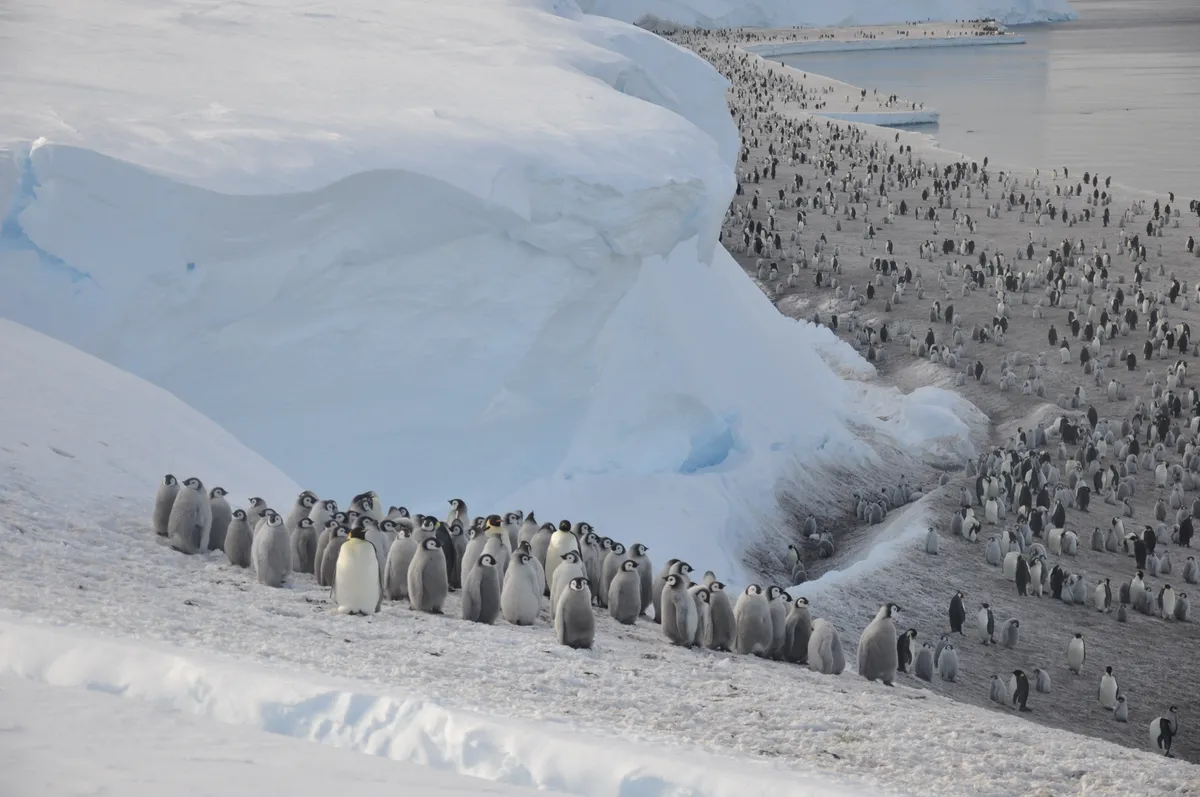
This incredible wildlife documentary follows the survival and mating ritual of Antarctica's emperor penguins. Momentous at the time of release, this film has now reached iconic status (so much so that it has even been parodied). This is likely in part due to the glorious narration by Morgan Freeman. The film received overwhelmingly positive reviews and critical acclaim, even winning the 2006 Oscar for Best Documentary Feature. Well worth a watch if you have managed to not see it yet!
Planet Earth I (2006)
- Watch Planet Earth I on Amazon Prime Video
Take a journey across 204 locations in 62 countries in this fascinating nature documentary narrated by David Attenborough. Each of the 11 episodes focuses on a different biome or habitat, from mountains to caves, to the deep ocean. Each episode is also followed by a really illuminating 'behind the scenes' segment which highlights some of the not-inconsiderable challenges of filming in such remote and wild locations.
Planet Earth II (2016)
- Watch Planet Earth II on BBC iPlayer or Amazon Prime Video
Continuing on from Planet Earth I, David Attenborough returns to share more tales and wonders from the animal kingdom. The first produced by the BBC in Ultra-high-definition this series truly is a visual spectacular. Following the same format as the original 2006 series the episodes each feature a different habitat but with some new ones added. The 'Cities' episode is particularly fascinating, highlighting those animals that have adapted to live alongside humans, in the 'urban jungle', including mischievous roof jumping langurs in Jodhpur, India, and spotted hyenas in Harar, Ethiopia, who have a unique relationship with the people that live there.
Frozen Planet (2011)
- Watch Frozen Planet on BBC iPlayer or Amazon Prime Video
Join David Attenborough on an extraordinary journey across the polar regions of our planet in this chilling nature documentary. This now-classic doc was met with considerable critical acclaim when first broadcast in 2011, and still makes for an amazing watch. It includes iconic sequences of a polar bear giving birth, a pack of killer whales hunting seals, and in the last episode of the series ("On Thin Ice") a sobering look at the climate crisis and how it is affecting the animal and people of the polar regions.
Blackfish (2013)
- Watch Blackfish on Amazon Prime Video or Netflix
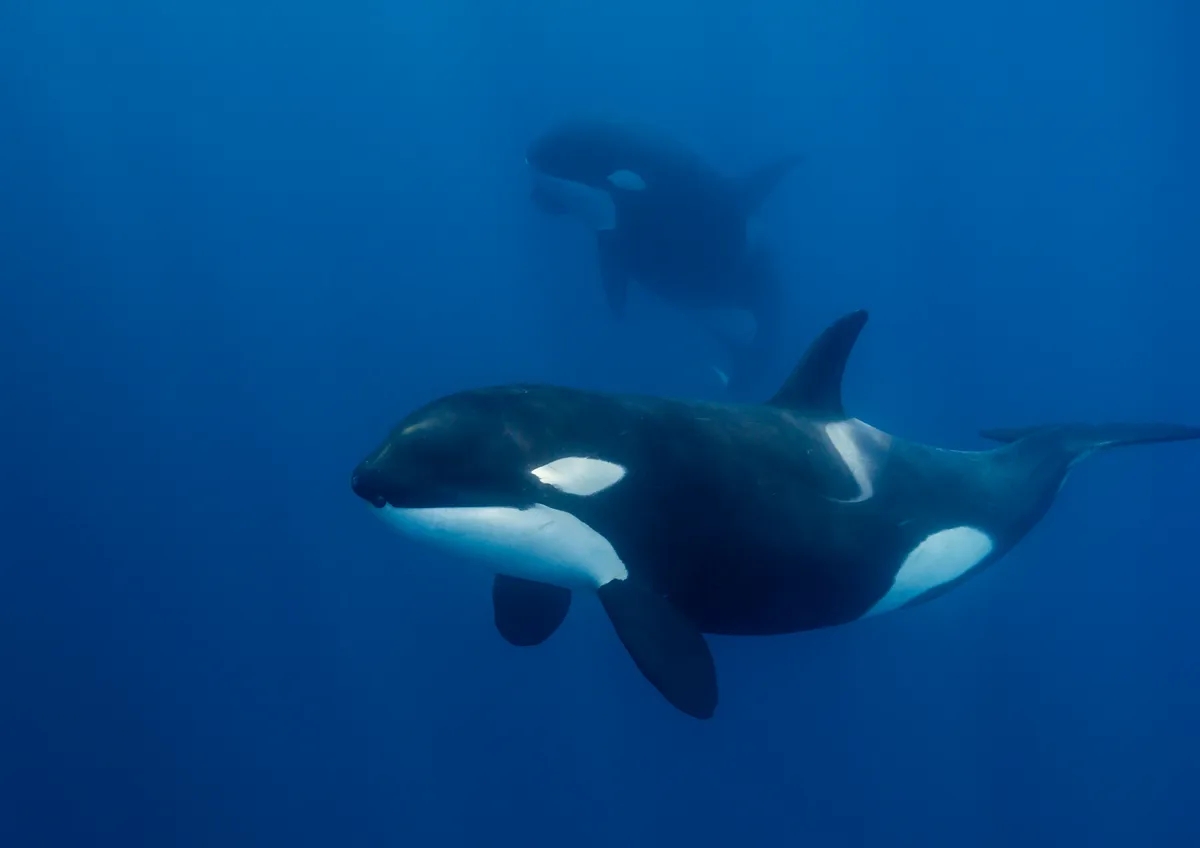
A memorable film which exposed the troubling world of marine amusement parks. It follows the story one particular performing orca called Tilikum and we learn of the species’ intelligence and the cruelty of lifelong confinement at Sea World.
Blackfish is not easy watching, but it is a deserving member of the best nature documentaries of all time category for causing lasting changes in the highly profitable sea park industry.
How the Wild West Was Won (2014)
- Watch How the Wild West Was Won on Amazon Prime Video
Bushcraft expert Ray Mears explores the natural landscape that shaped the Wild West and the challenges the environment presented for Native Americans.
Before the Flood (2016)
- Watch Before the Flood on Amazon Prime Video
Leonardo DiCarprio features in this dramatic film on the impact climate change is having on the planet.
Chasing Coral (2017)
- Watch Chasing Coral on Netflix
Winner of the Audience Award at the 2017 Sundance Film Festival, this documentary follows a team of divers, scientists and photographers as they document the disappearance of coral reefs and fight for its protection.
The storyline is gripping, the camera work is sublime, and the subject matter couldn’t be more important. This was director Jeff Orlowski’s wake-up call to the world that we are fast running out of time to protect this precious ecosystem.
JANE by Brett Morgen (2017)
- Watch JANE on Disney
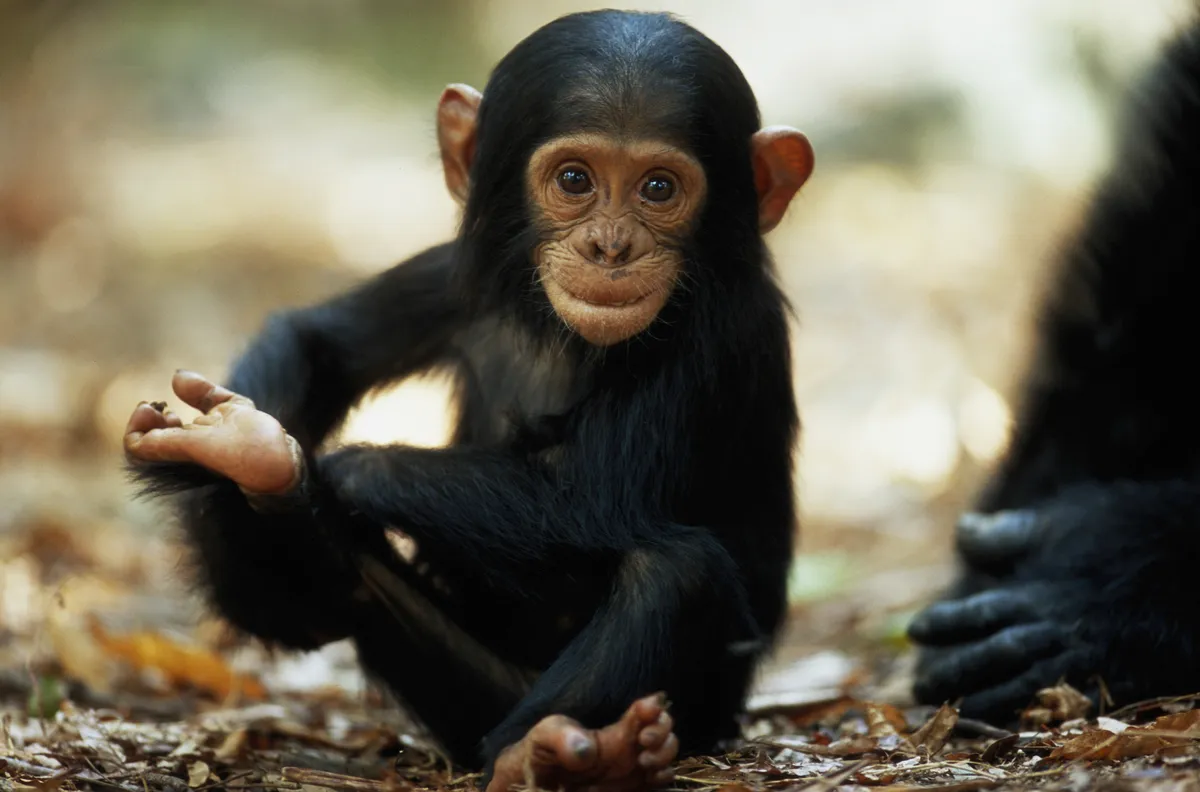
Brett Morgan tells the story of Jane, a woman whose research into chimpanzees revolutionised our understanding of the natural world.
The Planets (2019)
- Watch The Planets on BBC iPlayer
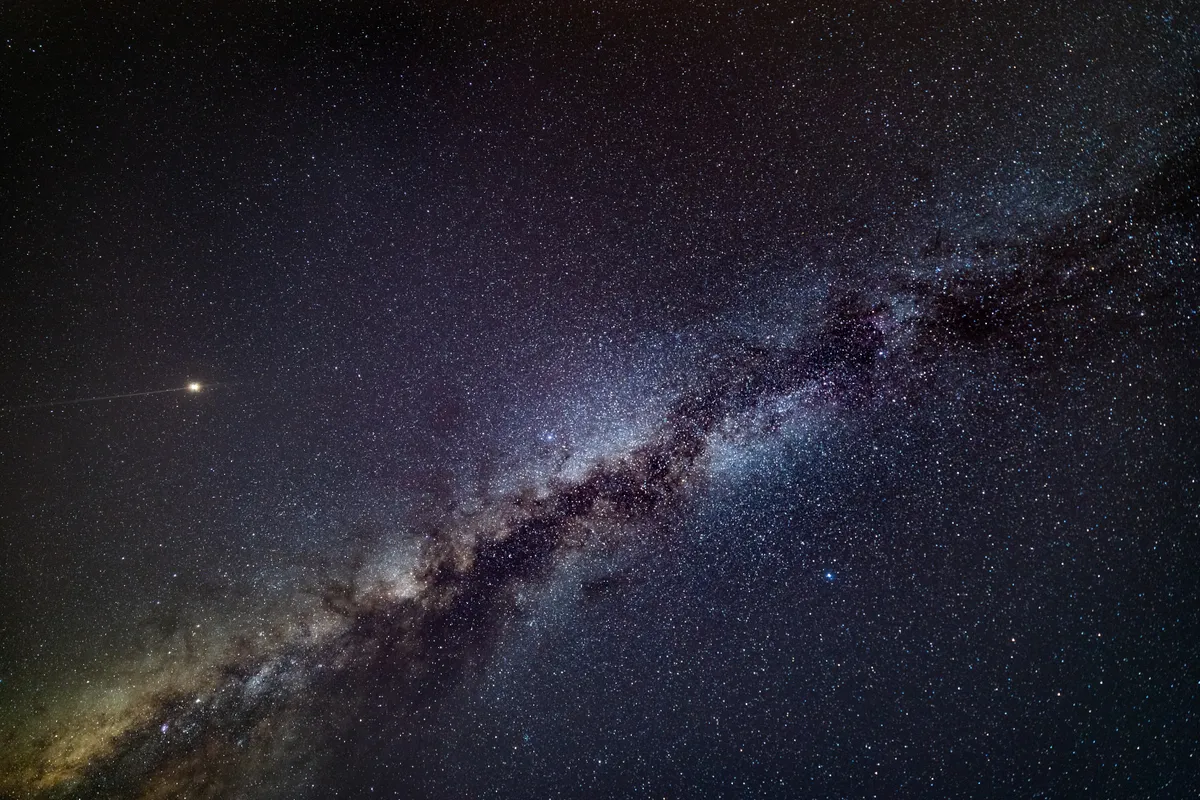
Professor Brian Cox explores the dramatic lives of the eight majestic planets/worlds that make up our solar system.